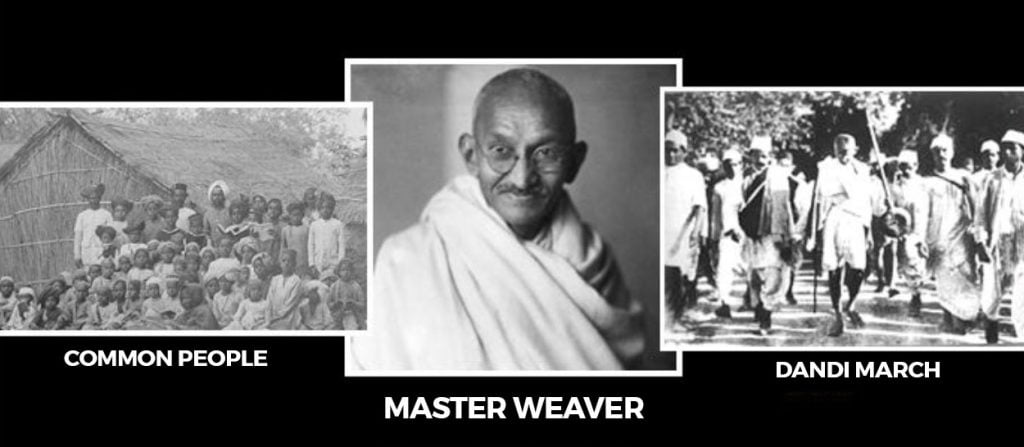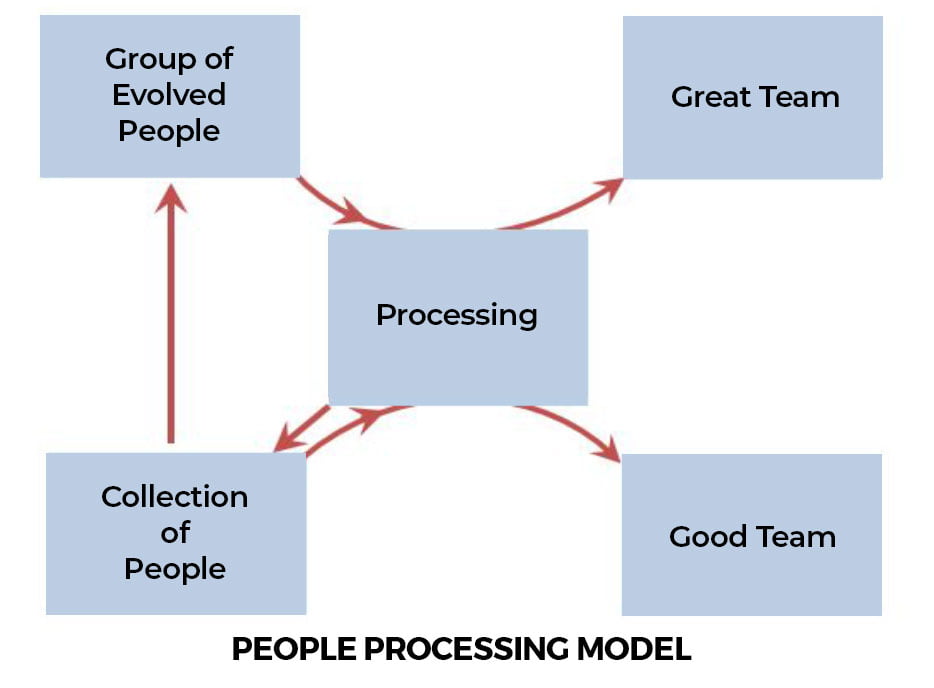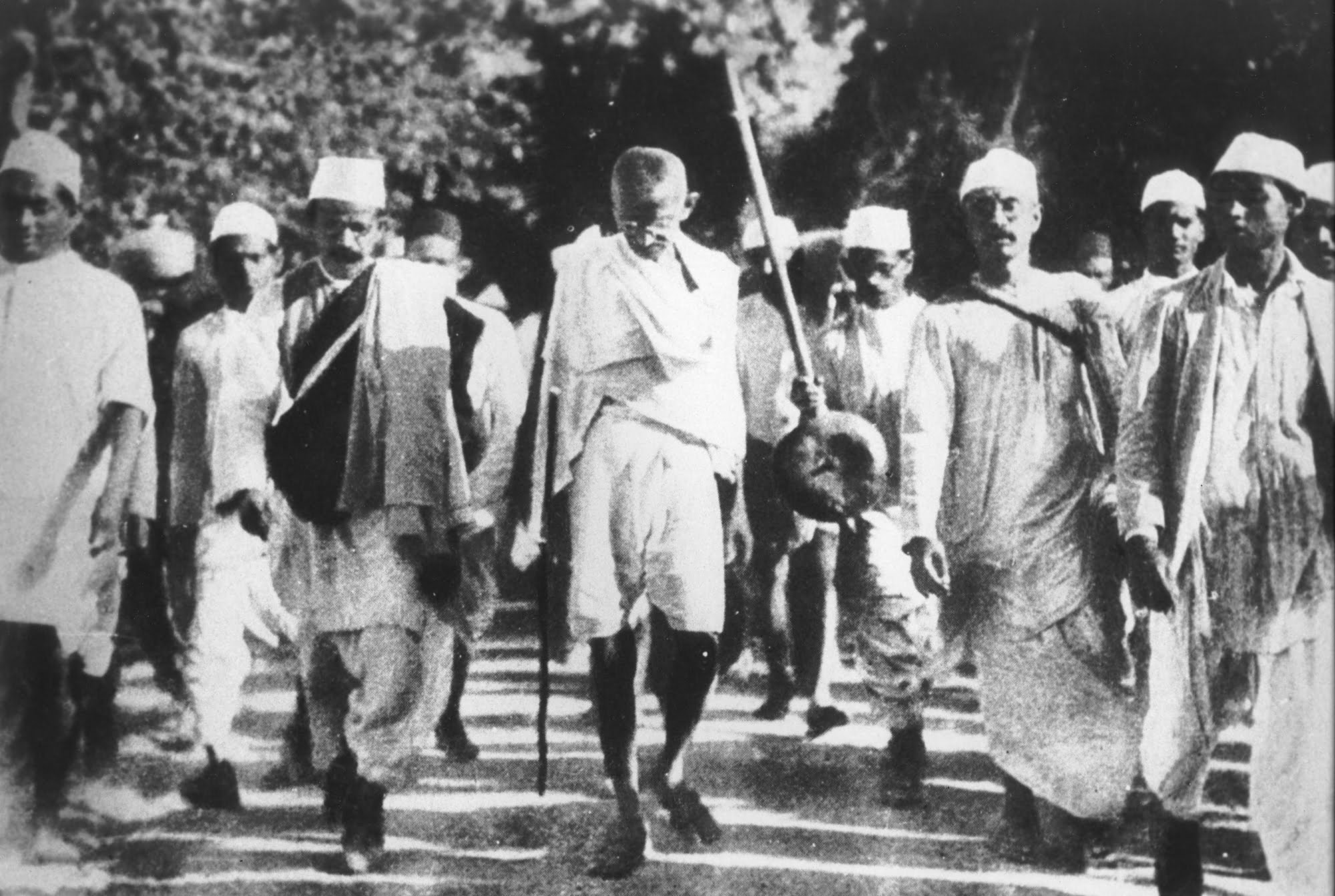1) Introduction
Warren Bennis, the legendary author on leadership, thus writes in his book – On becoming a leader – why leaders are needed,
“ One person can live on a desert island without leadership. Two people, if they are totally compatible, could probably get along and even progress. If there are three are more, someone has to take lead. Otherwise, chaos erupts.”
Leaders are responsible for the effectiveness of organizations, the integrity of the institutions, and the progress of society at large.
The subject of Organisational Behaviour (OB) abounds with the definitions of leadership. Most of which will distill to the following:
It is a people unification process, wherein leaders offer a vision, purpose, direction, and roadmap, steeped in passion and trust to secure commitment, loyalty, obedience, and above all action for the purpose of their people. It is a people influencing process. It is also the art of creating ‘significant’ out of ‘ordinary’: weaving rope out of raw fibers. Mahatma Gandhi weaved mighty march ( Dandi March) out of common people most of them simple and less fortunate.

a) People processing model
People can be unified in two possible ways:
- Aligning people “as they are” under instructions or appeal for a purpose on hand. This alignment is at the action level or at best at a reasonable level. Sustained efforts are needed to retain the alignment till the objective is achieved. Thereafter alignment effect diminishes. Police, many government departments, and most political parties use this approach. OB experts describe different shades of this approach by various leadership styles – authoritative, consultative, directive, autocratic, etc.

- In the second approach, leaders first help their people evolve from a base level to a reasonable level of maturity. This process of evolving is based on values, ethics, and natural principles. The idea is to help people remove their internal contradictions, confusion, and distractions and enable them to learn to live for a purpose higher than themselves. Thereafter, these relatively refined people are processed to create a great team. The unification is based on belief; it is at an emotional and spiritual level; it is cause oriented and therefore proactive. Such people are largely self-organizing, needing very little help from their leaders. This effect is sustainable with repeat benefits. Social reformers, transformative leaders, visionary leaders, and spiritual leaders believe in this approach. OB experts use various leadership style terms like participative, supportive, democratic, etc . to describe the approach.
b) Higher order leadership
The leadership of the second kind is “higher-order leadership”. This is a strategic investment. Visionary leaders believe in it. They lift the level of their people, make them worthy and competent human beings. For them values, ethics, and natural principles are essential ingredients for creating an organizational culture that supports the cause. For visionary leaders, creating a value-based organizational culture is a priority. It frees people from unnecessary concerns. It is reassuring. People give their unconditional best when supported by enabling culture. The great author, Thomas Watson Jr. has this to say in his famous book – A Business and Its Beliefs,
“ In other words, the basic philosophy, spirit, and drive of an organization have far more to do with its relative achievements than do technological or economic resources, organizational structures, innovation, and timing. All these things weigh heavily in success. But they are, I think, transcended by how strongly the people in the organization believe in its basic precepts and how faithfully they carry them out.”—(reproduced from in Search of Excellence)
The combination of competent people and ethical enabling organizational culture, is a strategic combination, a source of sustainable competitive advantage.
2) Let leaders evolve first
People are active resources. They can adjust their direction, level of energy, commitment, and participation as per their choice. Leaders are the most important reason for them to contribute. In the realm of human beings, leaders are a great attraction but belief is the greatest attraction. Recollect the ancient lines,
“People will do a lot for money, more for a leader and most for belief.”
When a leader embodies belief, it is the ultimate combination. People will die for such a leader. Mahatma Gandhi had this to advise leaders,
“ Be the change that you wish to see in the world.”
Leadership is more by being than saying. As Emerson once put it,
“ What you are shouts so loudly in my ears I cannot hear what you say.”
Both, the enthusiasm in people, and the strength in enabling culture flow from the worth of leaders. Warren Bennis – On becoming a leader – suggests four major ingredients of a worthy leader: 1) integrity 2) guiding vision 3) maturity 4) passion. Integrity, guiding vision, and maturity together underpin the choice of relevant goals. Passion and integrity help execution. However, integrity remains by far the most important element. Integrity is the basis of trust and trust is the bond between people and their leaders. If the integrity is lost, the bond breaks and the leadership collapses.
3) Effective leadership
The sustainability of a leader’s influence on both the people and the culture is the hallmark of effective leadership. The strength of influence is always in direct proportion to the inner substance of a leader called character. Stephen R Covey in his famous book (7 Habits of Highly Effective People) suggests the precedence of Character ethics over Personality ethics. The character which is nothing but a summation of habits has its origin in thoughts. Pure thoughts cultivate noble character.
Visionary leaders fully understand the power and utility of an enabling culture. Organizational culture is the reflection of its leadership. Great leaders create and maintain a great culture; ordinary ones cause their own kind. In the process of evolving people from the base level to the desired level, organizational culture plays a very significant role. It is a silent but very effective teacher. It promotes identity, unity, cooperation, collaboration, transparency, commitment, contribution, and self-esteem with its people. This requires a culture to be trustworthy. Trust is the backbone of culture. If the trust is low, culture is reduced to a level of transactional tool. If trust is high, reliability goes up, and it can be used as a resource for strategic objectives. Culture is one of the most sustainable influencers in the scheme of the organization. It has a wide reach. It has a deep influence.
Competence and maturity are other important factors in the cause of effectiveness. Competence enables leaders to validate the solution adopted. Maturity validates the course of action. Competence helps choose the worthy goals; maturity the worthy means.

4) Leading effortlessly
Birds fly effortlessly; fish swim effortlessly. Dhyanchand played effortlessly; Lata Mangeshkar sings effortlessly. Mahatma Gandhi led effortlessly. Effortlessness is a situation where the ability acquired far exceeds the skill required to handle a mission. Every endeavor in its realization consumes energy as per the law of physics. Upon realization, it also generates happiness – another kind of energy. When the energy generation exceeds energy consumption, the situation of effortlessness exists. Moreover, “working” and “ working for a cause” are two different things. Working is tiring; working for a cause inspiring.
In the conduct of leadership which is essentially a human process, the laws of nature alternatively called the natural principles, have a special place. They are governing laws. Stephen R Covey ( 7 Habits of Highly Effective People) says,
“ The Character Ethic is based on the fundamental idea that there are principles that govern human effectiveness – natural laws in the human dimension that are just as real, just as unchanging and unarguably “ there” as laws such as gravity are in the physical dimension.”
“ Principles are guidelines for human conduct and are proven to have enduring permanent value. They are fundamental. They are essentially unarguable because they are self-evident.”
Knowledge and practice of these principles is a self-enabling pursuit. It removes internal contradictions, confusions, and roadblocks. It is illuminating and enables them to keep their intellectual, emotional, and spiritual faculties fully functional with the least consumption of energy – a prerequisite to be an energy surplus. One of the natural principles – The law of giving – is of paramount importance in the domain of leadership. It states that when you give unconditionally ( without any expectations of return); it comes back much fold. Charles E Jones once said,
“ Leadership is learning to give whether you get anything or not! If you give something to get something, you’re not giving in the true sense of the word; you are trading!”
Leaders know the difference.






